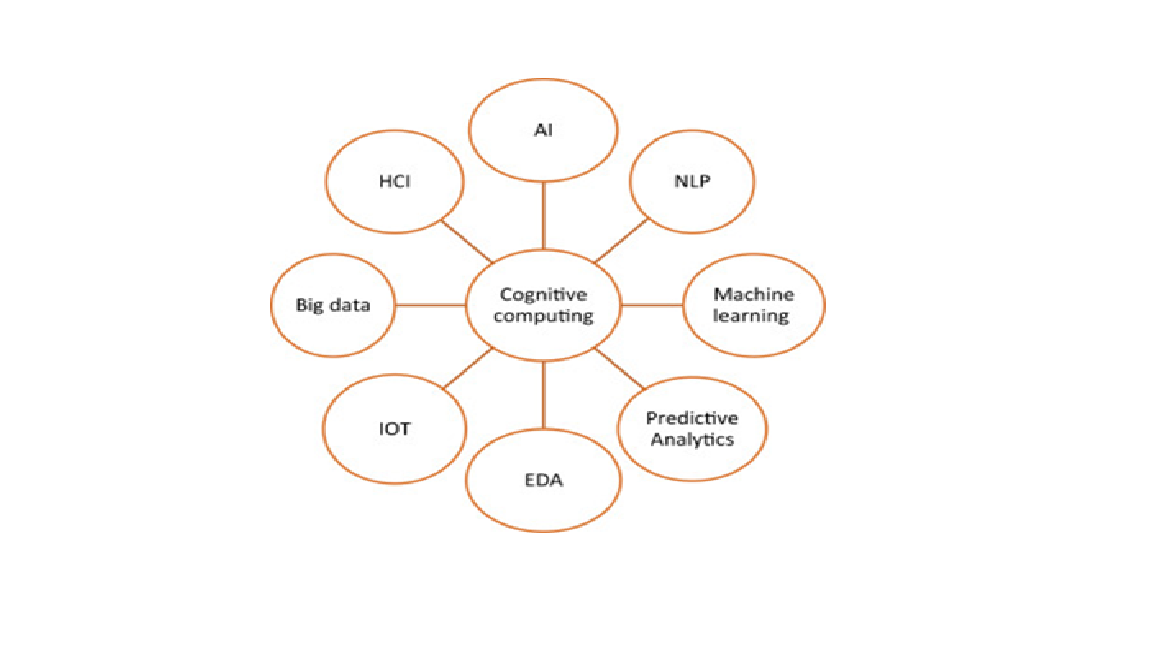Cognitive Computing: Integrating Reasoning and Learning in Intelligent Systems
Main Article Content
Abstract
Cognitive computing represents a transformative paradigm that bridges the gap between artificial intelligence and human cognitive processes. This field focuses on creating intelligent systems capable of learning from data, reasoning through complex scenarios, and continuously improving through feedback. By integrating machine learning techniques with advanced reasoning frameworks, cognitive systems can perform sophisticated tasks, such as decision-making, natural language understanding, and predictive analytics. Recent advancements have highlighted the importance of combining symbolic reasoning with neural network architectures to overcome the limitations of purely data-driven approaches. These systems mimic human-like cognitive abilities by blending statistical inference with logical reasoning, allowing for transparent and adaptable decision processes. This paper explores the foundational principles, recent developments, and key challenges in integrating reasoning and learning, shedding light on how cognitive computing is shaping the future of intelligent systems across domains like healthcare, finance, and robotics. The findings underscore the need for interdisciplinary approaches to realize the full potential of cognitive systems that can reason, learn, and adapt to dynamic environments.
